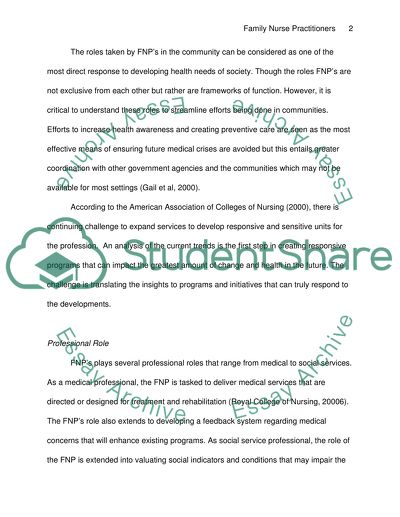Cite this document
(“Challenges for family nurse practitioners Essay”, n.d.)
Retrieved from https://studentshare.org/health-sciences-medicine/1501568-challenges-for-family-nurse-practitioners
Retrieved from https://studentshare.org/health-sciences-medicine/1501568-challenges-for-family-nurse-practitioners
(Challenges for Family Nurse Practitioners Essay)
https://studentshare.org/health-sciences-medicine/1501568-challenges-for-family-nurse-practitioners.
https://studentshare.org/health-sciences-medicine/1501568-challenges-for-family-nurse-practitioners.
“Challenges for Family Nurse Practitioners Essay”, n.d. https://studentshare.org/health-sciences-medicine/1501568-challenges-for-family-nurse-practitioners.


